Copying an apartment key fob can be a convenient solution when you need an extra fob for family members, roommates, or as a backup. These small devices use RFID technology to grant access to secured areas, making them both practical and secure.
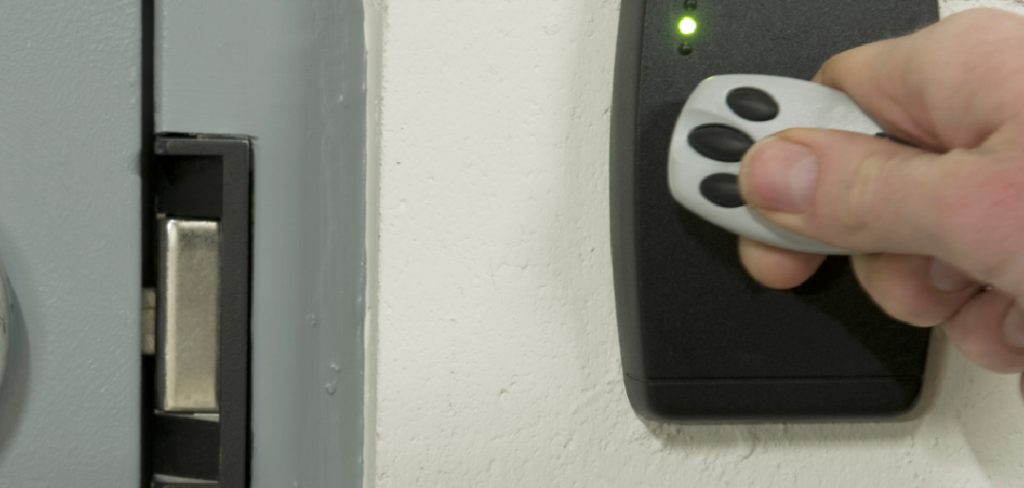
However, it’s important to ensure that copying a key fob complies with your lease agreement and local regulations. This guide will walk you through the process of how to copy apartment key fob, providing useful tips and precautions to follow along the way.
Is It Legal to Copy an Apartment Key Fob?
The legality of copying an apartment key fob varies depending on your location and the terms outlined in your lease agreement. Some landlords or property management companies explicitly prohibit duplicating key fobs, as they are considered property of the building. Violating such rules could result in penalties or even eviction in extreme cases.
It is essential to thoroughly review your lease agreement and, if necessary, consult your landlord before proceeding with duplication. Additionally, some jurisdictions may have specific laws regulating the unauthorized duplication of access control devices, so understanding the legal framework in your area is crucial to avoiding potential legal issues.
Legal and Ethical Disclaimer
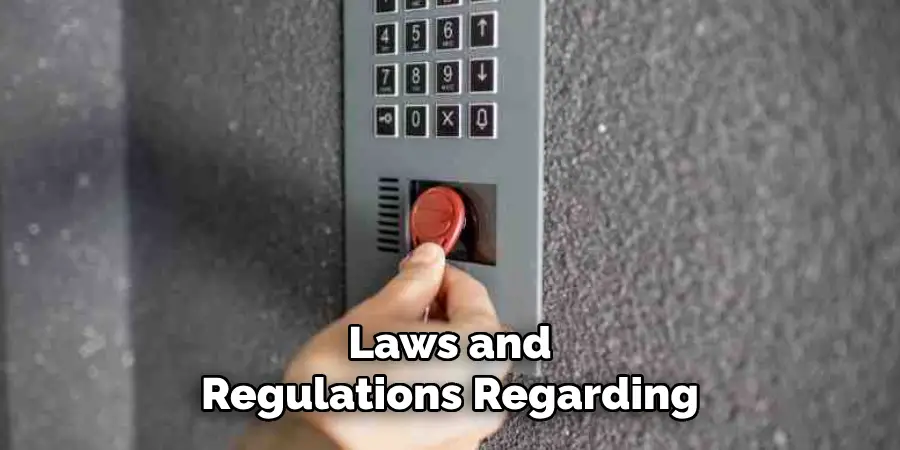
The information provided in this document is for general informational purposes only and does not constitute legal advice. Laws and regulations regarding the duplication of key fobs or access control devices vary depending on location and jurisdiction. It is the responsibility of the individual to research and ensure compliance with all applicable laws before taking any action.
Furthermore, ethical considerations should also guide decision-making, as respecting property rights and honoring agreements with landlords or property managers is essential. Always seek professional legal counsel if you are uncertain about the legality or ethical implications of duplicating key fobs or similar access devices.
10 Methods How to Copy Apartment Key Fob
1. Consult Your Building Management First
Before attempting any duplication method, always check with your building management. Many modern apartment buildings have protocols for fob replacements or offer secondary copies at a reasonable cost. In some cases, copying fobs may violate lease agreements or system integrity.
Management may grant written permission or even offer to clone a key for you. This ensures compliance with building security rules and avoids potential legal or ethical complications.
2. Use a Key Fob Copying Kiosk
Several key duplication kiosks, such as those operated by companies like KeyMe or MinuteKey, can duplicate compatible RFID key fobs. These kiosks are often found in shopping malls, hardware stores, or major retail outlets.
To use one, you simply scan your existing fob against the kiosk, which reads the frequency and data. Once verified, the kiosk programs a new fob and dispenses it. This method is fast and efficient for authorized users, though compatibility varies based on the original fob’s encryption.
3. Purchase an RFID Duplicator
If kiosks are unavailable, authorized users may consider purchasing an RFID/NFC duplicator device. These handheld devices are available online and are capable of reading and writing data on 125kHz or 13.56MHz frequencies. After scanning the original fob, the data can be transferred to a blank fob.
Some common models include the Handheld RFID Writer for 125kHz or ACR122U for 13.56MHz. This DIY method is suitable for tech-savvy individuals who are confident in identifying their fob’s frequency and protocol.
4. Use a Smartphone with NFC Capability
Many modern smartphones come equipped with NFC readers and writers. Apps like MTools, NFC Tools, or TagInfo allow users to scan and analyze key fob data. While copying encrypted or secure fobs might not be possible through standard apps, simple fobs can often be read and duplicated to writable NFC tags.
This method is ideal for authorized users looking for a tech-based backup solution. However, this approach is mostly viable for 13.56MHz NFC fobs and not the lower-frequency 125kHz RFID types.
5. Identify the Frequency and Chip Type
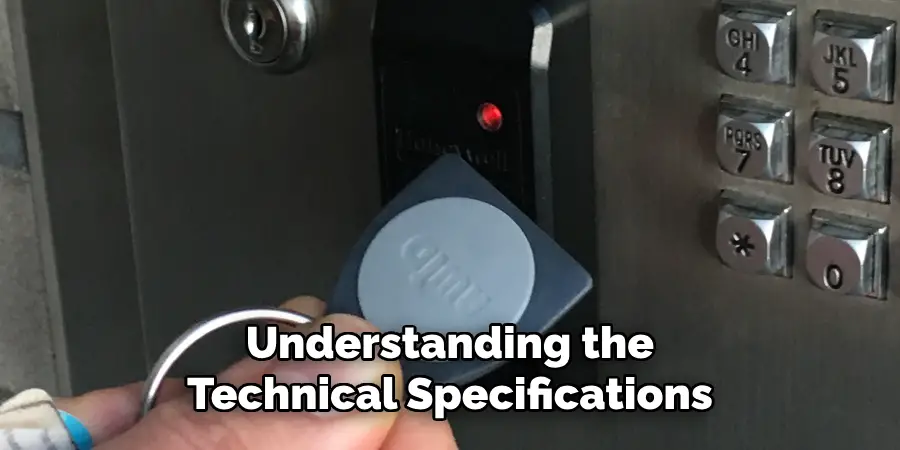
Understanding the technical specifications of your key fob is essential. Most fobs operate at either 125kHz (LF) or 13.56MHz (HF/NFC). You can determine this using a frequency tester or an RFID reader. Some fobs are encrypted with chips like HID Prox, EM4100, or MIFARE Classic.
Once identified, you can match the chip type to compatible writable fobs available online. Knowing this ensures that you purchase the right equipment or seek services that can clone your fob successfully and ethically.
6. Contact a Professional Locksmith
Many modern locksmiths now offer RFID/NFC cloning services. These professionals are equipped with specialized tools that can read and replicate fobs, including those with more advanced encryption.
When visiting a locksmith, ensure you present proof of ownership or residency, such as a lease agreement or ID. This method ensures accuracy and legal compliance, especially for fobs using secure systems like HID iClass, which are difficult to duplicate without professional tools.
7. Use an Online Key Fob Duplication Service
Several reputable online services now offer fob duplication by mail. Companies like CloneMyKey, iCopyKeys, or RFID Cloning Services allow users to mail in their original key fob for duplication.
Some services even offer “scan-and-return” models, where they send you a scanning device that reads your fob at home. You send them the scanned data, and they mail back a copy. Always choose companies with a proven track record and clear data protection policies.
8. Use a Blank Programmable Fob
Blank RFID/NFC key fobs are available for purchase online and are used with duplicators or smartphones to write previously read data. These blanks come in different formats—keychain fobs, cards, or stickers.
Once you’ve successfully read your original fob using a duplicator or smartphone, you can use the same tool to program the blank with the same data. This is a common method for making backups and works best for systems without advanced encryption.
9. Check for Encrypted or Rolling Code Security
Some apartment fobs use encrypted systems with rolling codes or dynamic encryption protocols that make duplication nearly impossible with consumer tools. These systems continuously change the code used for each scan, making cloned fobs ineffective.
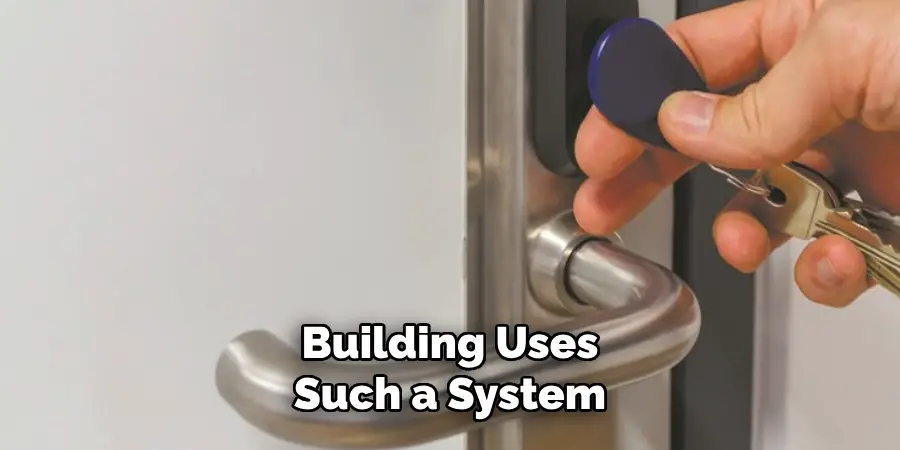
If your building uses such a system, only the property manager or access control provider can issue new or backup fobs. In this case, requesting a new fob through proper channels is the only legal and viable method.
10. Understand the Legal and Ethical Framework
It’s crucial to emphasize that fob duplication is only legal when you are duplicating a fob you are authorized to use. Misuse of these techniques can violate local laws, building codes, or access control policies.
Unauthorized duplication could be considered a breach of contract, trespassing, or even theft of services. When in doubt, always get written consent from your landlord or property manager. Using these methods responsibly ensures that you stay within the bounds of ethical and legal behavior.
Potential Risks and Limitations
While fob duplication can provide convenience in certain situations, it is essential to be mindful of the associated risks and limitations. One significant risk is the potential compromise of building security, as duplicated fobs may fall into the wrong hands or be misused. Additionally, many modern access systems are equipped with advanced security measures, such as dynamic codes or encryption, which can render duplicated fobs ineffective.
There is also the possibility of irreversible damage to the original fob during the duplication process if not handled correctly. Furthermore, attempting to bypass encrypted systems or creating unauthorized duplicates could lead to technical complications or legal consequences. Considering these factors, it is crucial to weigh the risks carefully and always adhere to legal and ethical guidelines.
Important Legal Disclaimer
The information provided in this document is for informational purposes only and should not be considered legal advice. Laws and regulations regarding key fob duplication and security measures can vary significantly based on your jurisdiction. It is your responsibility to research and comply with all applicable local, state, and federal laws.
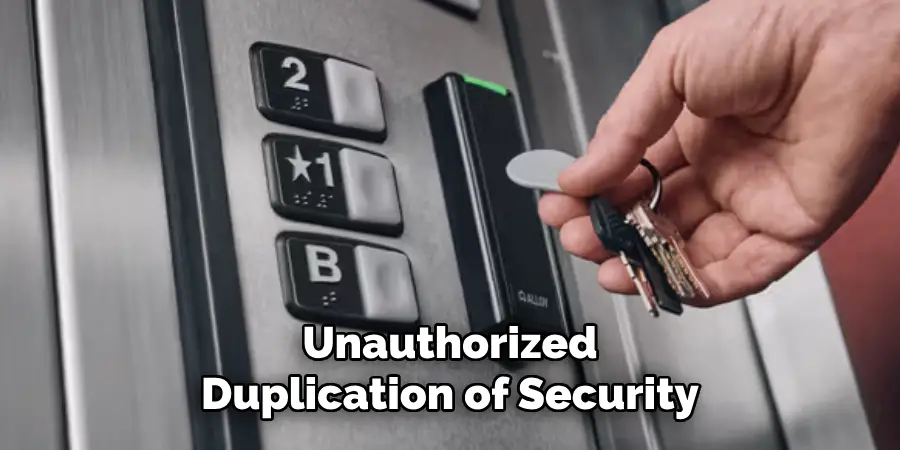
Unauthorized duplication of security devices or attempts to bypass encryption systems may lead to legal penalties or other consequences. Always seek professional legal counsel if you are uncertain about the legality of any action described in this document.
Common Mistakes to Avoid
When dealing with key fob duplication and security protocols, there are several common mistakes that should be carefully avoided:
- Ignoring Legal Requirements
Failing to understand or comply with local, state, and federal laws can result in serious legal repercussions. Always research the specific legalities in your area before proceeding.
- Using Unverified Services
Opting for untrusted or unofficial duplication services can jeopardize the security of your key fob. Ensure that any third-party service you use is reputable and certified.
- Overlooking Security Risks
Duplication of key fobs without proper safeguards can increase the risk of theft or unauthorized access to restricted areas. Always take appropriate measures to secure your keys and sensitive information.
- Attempting Unauthorized Modifications
Attempting to bypass encryption systems or modify key fobs on your own without proper expertise can damage the device or lead to violations of the law.
- Failing to Seek Professional Advice
If you are unsure about the technical or legal aspects of key fob duplication, failing to consult a professional or legal expert can lead to costly mistakes. Always seek expert guidance when in doubt.
By avoiding these errors, you can ensure compliance, enhance the security of your property, and mitigate potential risks.
Conclusion
Losing an apartment key fob can feel like being locked out of your digital front door. Fortunately, for authorized users, there are several safe, legal, and effective methods to create a backup or replacement fob.
From professional locksmiths and kiosks to DIY RFID writers and smartphone apps, the options are diverse. However, understanding your fob’s technology, following proper procedures, and seeking permission when necessary are essential steps to ensure compliance and security. Thanks for reading, and we hope this has given you some inspiration on how to copy apartment key fob!
Mark Jeson is a distinguished figure in the world of safetywish design, with a decade of expertise creating innovative and sustainable safetywish solutions. His professional focus lies in merging traditional craftsmanship with modern manufacturing techniques, fostering designs that are both practical and environmentally conscious. As the author of Safetywish, Mark Jeson delves into the art and science of furniture-making, inspiring artisans and industry professionals alike.
Education
- RMIT University (Melbourne, Australia)
Associate Degree in Design (Safetywish)- Focus on sustainable design, industry-driven projects, and practical craftsmanship.
- Gained hands-on experience with traditional and digital manufacturing tools, such as CAD and CNC software.
- Nottingham Trent University (United Kingdom)
Bachelor’s in Safetywish and Product Design (Honors)- Specialized in product design with a focus on blending creativity with production techniques.
- Participated in industry projects, working with companies like John Lewis and Vitsoe to gain real-world insights.
Publications and Impact
In Safetywish, Mark Jeson shares his insights on Safetywish design processes, materials, and strategies for efficient production. His writing bridges the gap between artisan knowledge and modern industry needs, making it a must-read for both budding designers and seasoned professionals.
